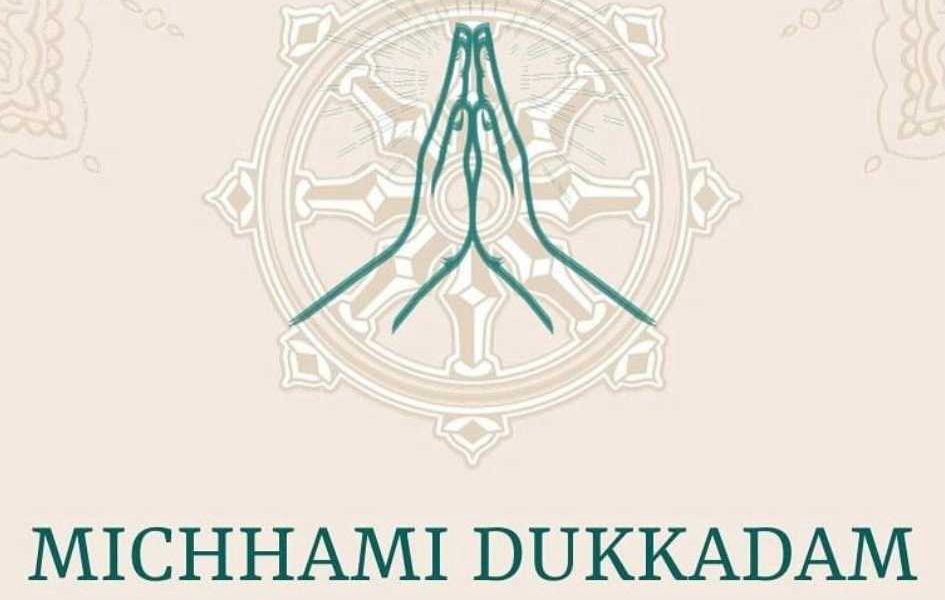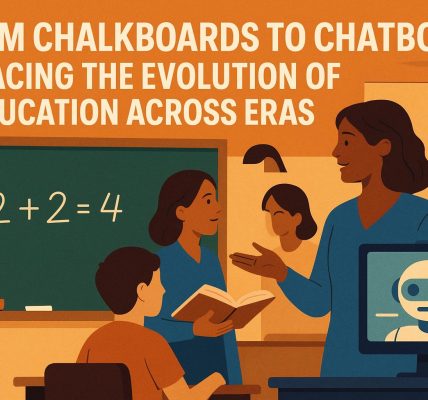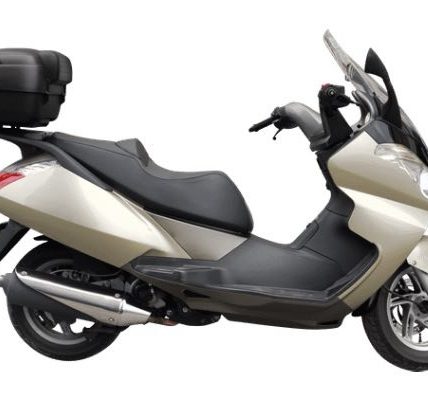In the busy rush of modern life, we often pause for birthdays, new years, and anniversaries. These occasions get our families and friends together, and help us build beautiful memories. They help us feel loved and cherished. While they are good for the soul, they are also limited to serve our emotional aspects of life. As humans we are much more deeper than that.
Aptly so, in Jainism, there is an occasion and it almost results in a “new beginning” — one that does not mark time with gifts or fireworks, but with reflection, humility, and forgiveness. This sacred observance is called Samvatsari Pratikraman, the climactic ritual of the Jain festival of Paryushana.
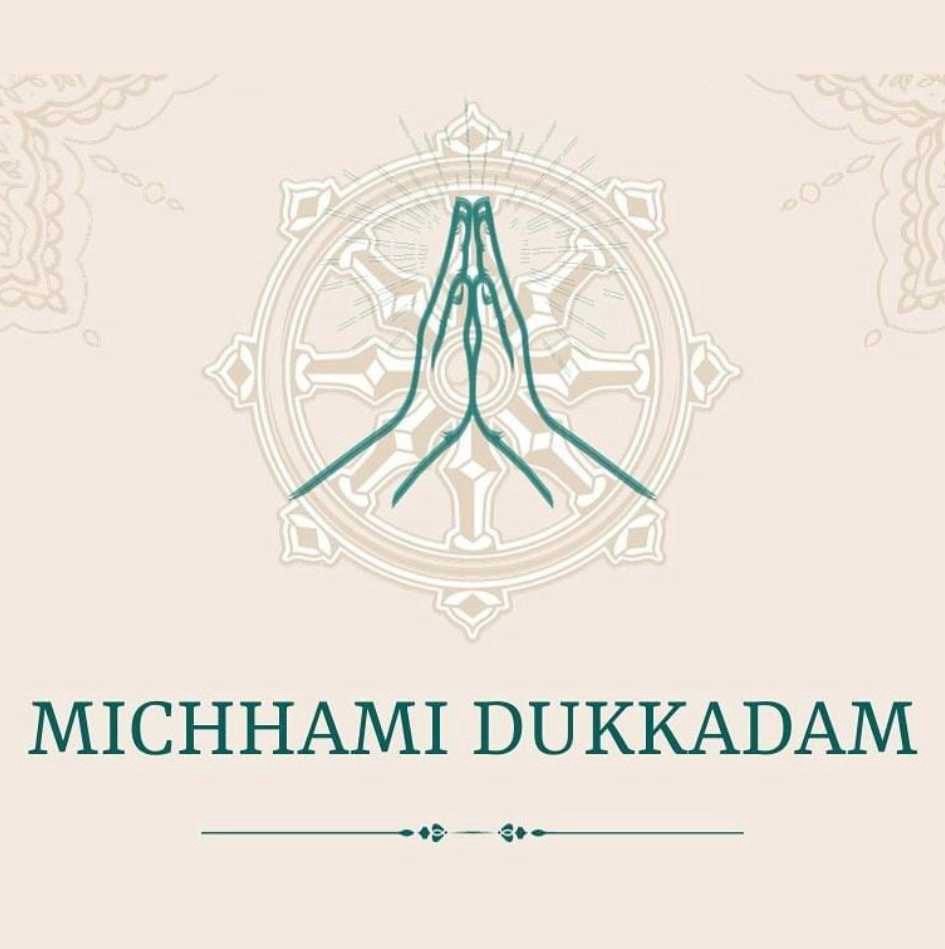
🌿 What is Samvatsari Pratikraman?
The word Pratikraman comes from Sanskrit and Prakrit roots meaning “to go back” or “to turn around.” In practice, it is a spiritual discipline where Jains look back at their actions — thoughts, words, and deeds — and cleanse themselves of accumulated faults.
Samvatsari Pratikraman is performed once a year, on Samvatsari day, the most important day of Paryushana. For the Śvetāmbara Jain community, this is the Day of Universal Forgiveness — a time to confess mistakes, seek pardon, and renew vows of non-violence, truth, and self-discipline.
📜 The Ritual and Stotras
The Samvatsari Pratikraman is not a short prayer but a structured ritual lasting several hours. Think of it like the guided meditations of today that fill YouTube, Spotify and other platforms. Retreats are often organised to detox and renew, and people throng those retreats.
Jains have their own annual renewal / rejuvenation retreat: Samvatsari Pratikraman. It guides participants through a profound journey of self-examination:
Namokar Mantra – salutation to the five supreme beings.
Logassa Sutra – praises to the 24 Tirthankaras.
Aloyana Sutra – confession of sins and misdeeds. Pratyākhyāna Sutra – renunciation of wrong actions.
Khamāsamāṇo Sutra – asking forgiveness.
The culmination is the heartfelt utterance of “Micchāmi Dukkaḍaṃ” — a Prakrit phrase meaning “May the harm I have caused you be fruitless; may my misdeeds be forgiven.”
On this day, Jains approach friends, family, colleagues, and even strangers, saying “Micchāmi Dukkaḍaṃ” to seek and grant forgiveness.
🙏 Why is it Important?
Samvatsari Pratikraman is important for several reasons:
Spiritual Cleansing Just as we clean our homes before festivals, this is a ritual of inner cleaning. It clears the mind of guilt, anger, and pride.
Social Harmony By asking forgiveness from all beings, one heals strained relationships and fosters peace. Communities that practice forgiveness annually build stronger bonds.
Karmic Balance In Jain philosophy, every harmful act binds karma to the soul. Confession and repentance reduce this karmic burden, bringing one closer to liberation (moksha).
Universal Message Beyond Jain households, the ritual carries a timeless reminder: humanity thrives when we forgive and let go.
🌎 A Universal Practice
Though deeply rooted in Jain tradition, the essence of Samvatsari Pratikraman resonates globally. In a world divided by conflict and grudges, a practice that encourages each person to say “If I have hurt you knowingly or unknowingly, I seek forgiveness” feels revolutionary.
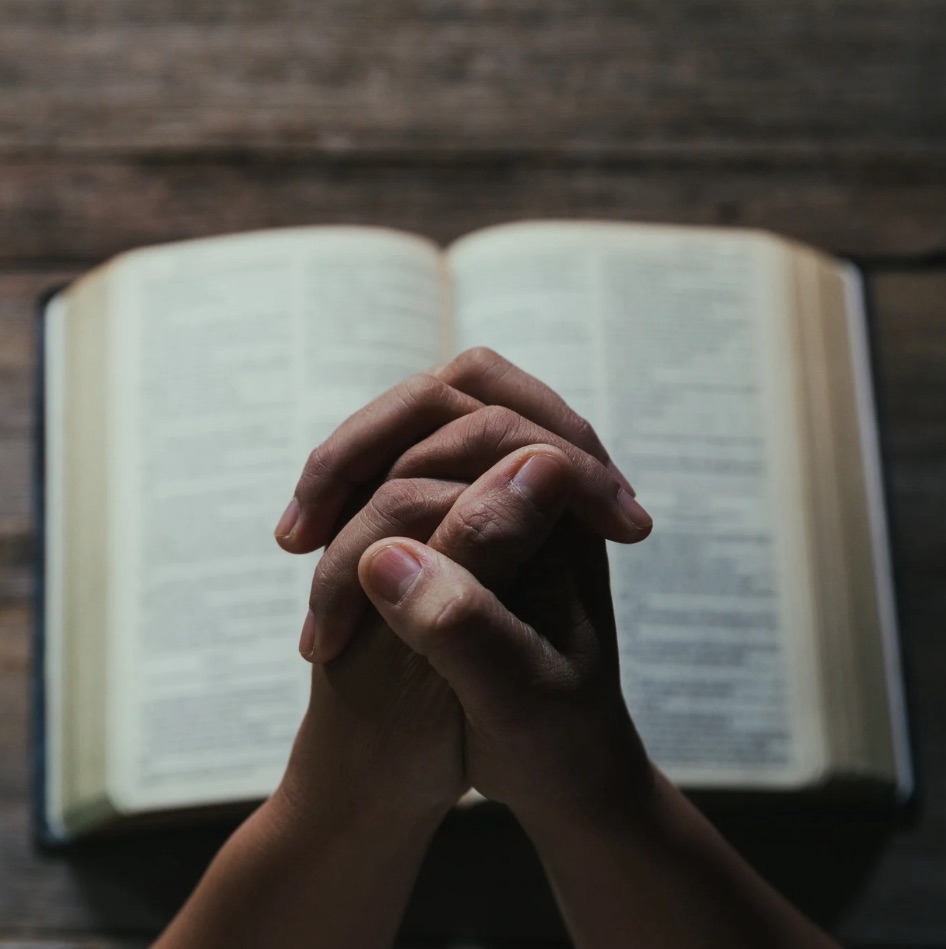
It is not only about religion — it is about humanity.
💡 Lessons for All
Humility over ego: Courage lies not in never making mistakes, but in admitting them.
Forgiveness as freedom: When you forgive, you release not only others but yourself.
Reflection as growth: A year reviewed is a year learned.
🌺 It is far more than a ritual
Samvatsari Pratikraman is more than a Jain ritual — it is a call to humanity. It invites us to live lightly, speak kindly, and act mindfully.
Whether one follows Jainism or not, the principle of yearly forgiveness and renewal can serve as a compass for a more peaceful life.
So the next time a Jain friend greets you with “Micchāmi Dukkaḍaṃ,” remember: it is not just a phrase — it is an offering of peace. And perhaps, it is an invitation for us all to begin anew.

